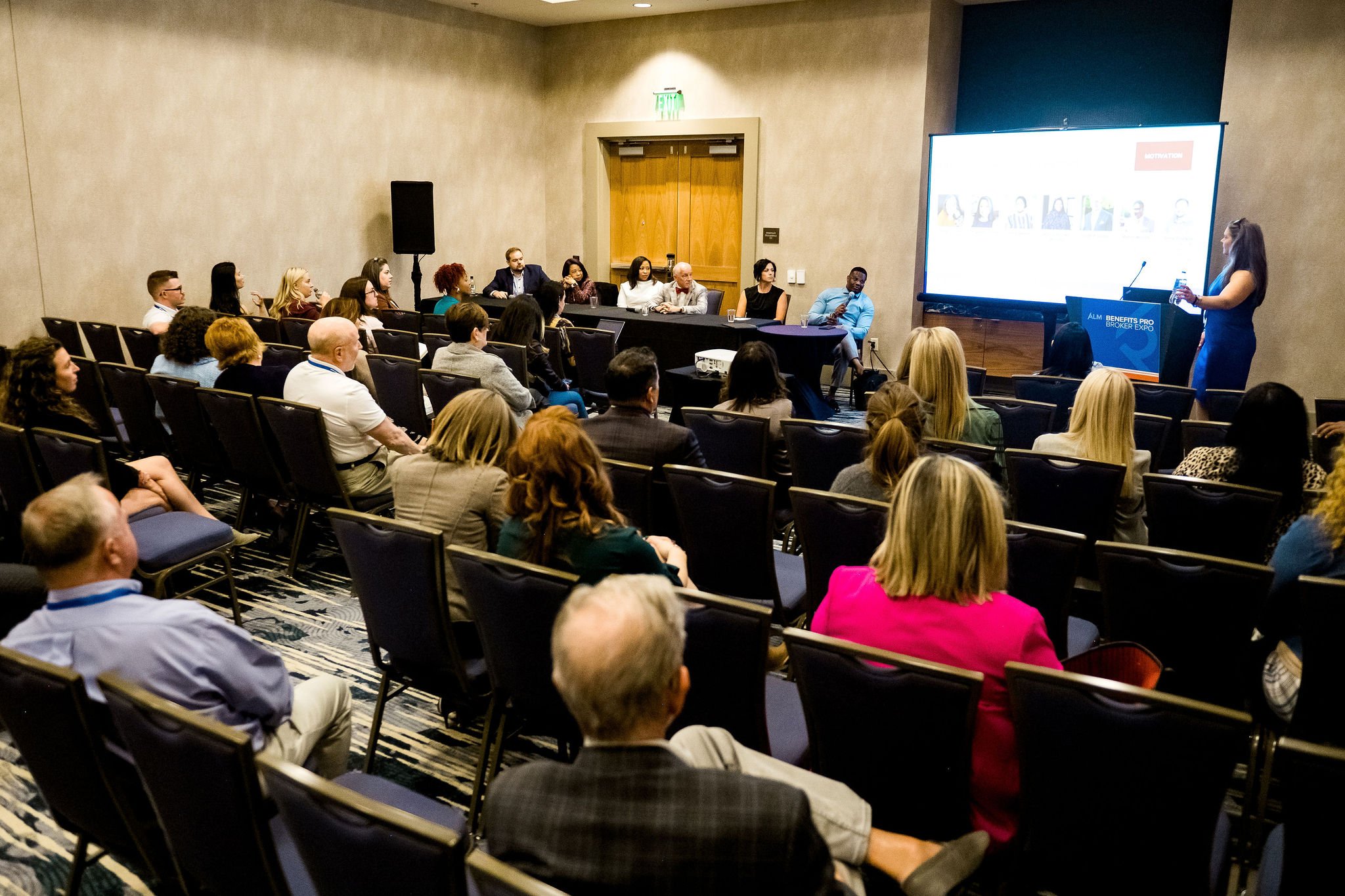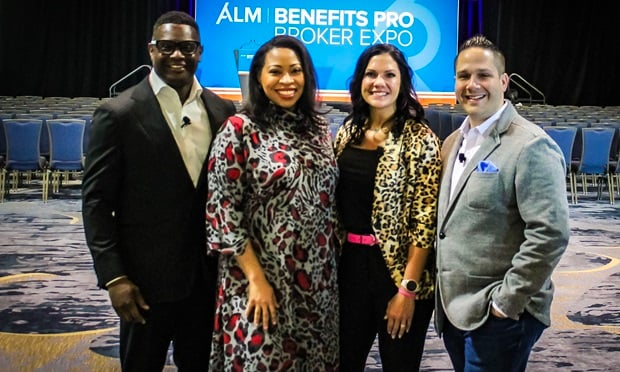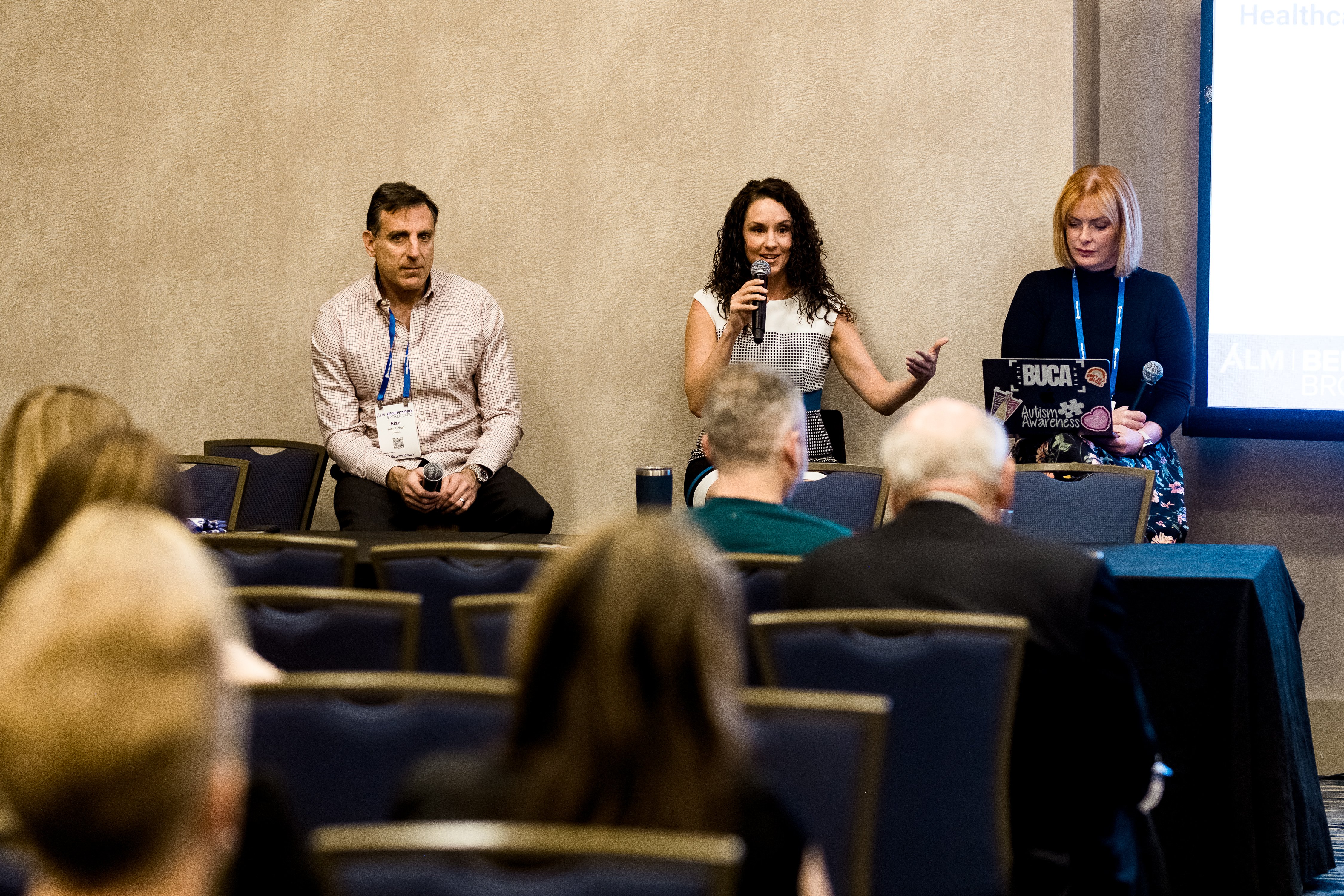 Jessica Du Bois is a benefits consultant at Business Benefits Group, located in the D.C. metro region. She focuses on personalizing the employee education experience to enhance the ease of use and understanding of employee benefits.
Jessica Du Bois is a benefits consultant at Business Benefits Group, located in the D.C. metro region. She focuses on personalizing the employee education experience to enhance the ease of use and understanding of employee benefits.
Paul Wilson: How did you get started in the benefits industry?
I'm from a very small Iowa town of about 800 people. During high school and college, I had jobs where I saw that if you work hard and build relationships with people, you will make more money. So I set out to do that but in a way that would move me out of the state.
Continue Reading for Free
Register and gain access to:
- Breaking benefits news and analysis, on-site and via our newsletters and custom alerts
- Educational webcasts, white papers, and ebooks from industry thought leaders
- Critical converage of the property casualty insurance and financial advisory markets on our other ALM sites, PropertyCasualty360 and ThinkAdvisor
Already have an account? Sign In Now
© 2024 ALM Global, LLC, All Rights Reserved. Request academic re-use from www.copyright.com. All other uses, submit a request to [email protected]. For more information visit Asset & Logo Licensing.








